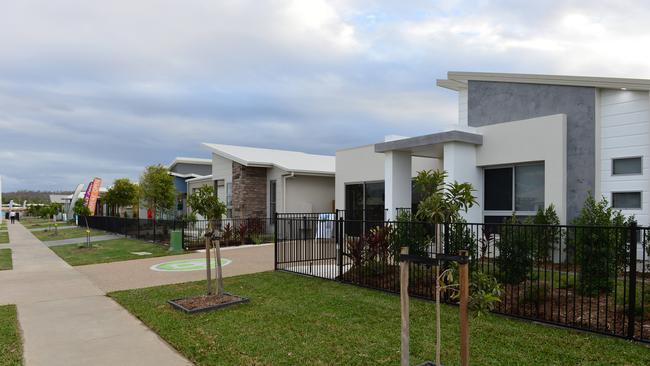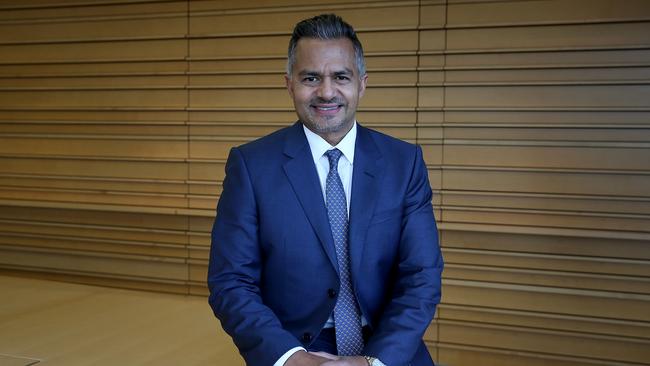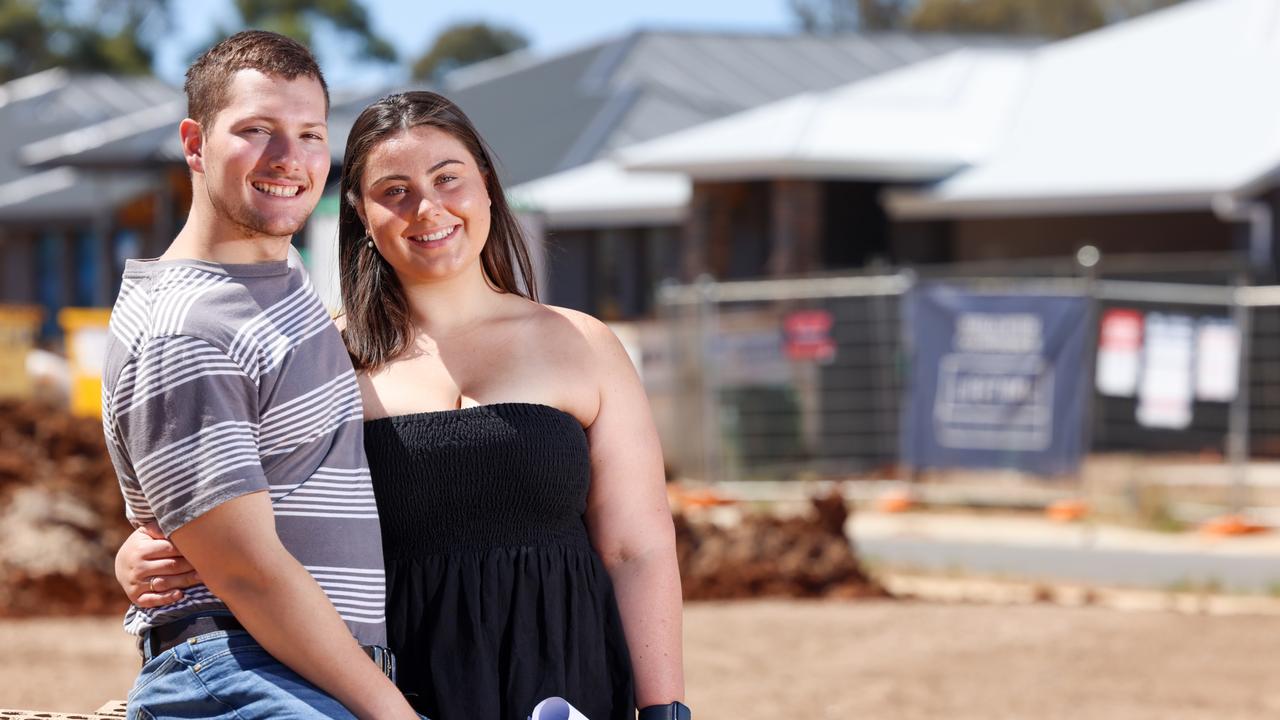Stockland says housing market recovery hinges on interest rate outlook
Moves made by the Reserve Bank will influence how fast sales come back, and the country’s largest residential developer called out one state’s performance as lagging.

Australia’s largest listed residential developer Stockland has warned that improvements in housing sales volumes will depend on the direction of interest rates and how fast the laggard Victorian market can come back.
The company pointed to underlying demand from high migration and strong employment levels, which are underpinning the market at a time of chronic under-supply and an affordability crisis.
Stockland and other developers have shifted to cheaper lines of housing, including land lease estates, partly to address the squeeze on buyers, and it is also planning build-to-rent projects. The developer also won a multi-billion dollar high-rise project in the inner Sydney suburb Waterloo, marking its return to the apartment sector after many years.
Delivering results that came in at the top end of guidance, the company said the residential market “has shown signs of recovery” over this half but further improvements in getting sales would “depend on the interest rate environment, and the pace of market recovery in Victoria, which has underperformed the other Eastern Seaboard markets”.
The company called out the challenges, saying that both net overseas migration and the labour market remain strong amid a chronic under-supply of new housing, as it delivered its full year results.
Stockland chief executive Tarun Gupta said that demand for housing continued to be strong but not enough homes were being built in Australia. He said the company was making its sites as affordable as it could, with land lease estates suiting the ageing demographic and it is also selling smaller lots.
Mr Gupta said first home buyers were active in markets like Perth and southeast Queensland but were still below long term levels in NSW and Victoria. Mr Gupta said that consumer sentiment in Melbourne was down quite a bit, and while there were patches of good performance, overall the markets was very soft.
Stockland was hit by a near 31 per cent fall in annual net profit to $305m from $440m last year. Profit was hit by $310m of property writedowns, while in 2023 it had $250m of writedowns.
The company’s funds from operations, a measure of property earnings, were down by 7.2 per cent to $786m, but were at the top end of guidance, and amounted to funds from operation per security of 33c. Stockland’s full year distribution of 24.6c per security was down on the 26.2c paid in 2023.
The company said its strategy to move into land lease projects was paying off, and it has also sold off close to $700m worth of small shopping centres and is moving more into logistics. Stockland said it was positioned for a step change in production in its residential unit, with 15 new housing estates launched last year. It is also buying Lendlease’s housing estates unit for $1.3bn.
“A more stable interest rate environment over the second half has led to improvements in residential market conditions,” Mr Gupta said. In the last financial year the company had settlement volumes of 5,637 lots in estates, above its target guidance range, and land lease settlements of 444 homes.
The company gave fiscal 2025 FFO per security guidance of 32c to 33c on a post tax basis which does not include the benefit from the purchase of the Lendlease’s local housing business, which remains subject to ACCC approval. The distribution per securities is expected to be within Stockland’s targeted payout ratio of 75 to 85 per cent of funds from operations.
Mr Gupta pointed to the group’s striking of three new capital partnerships as it brings in large investors to back its projects, with more in the pipeline.
“We are positioned to deliver increased settlement volumes over the medium-term, with 15 new master planned communities and land lease communities launched over fiscal 2024 and a further eight new communities expected to launch from our existing pipeline during fiscal 2025,” he said.

Stockland’s housing estate settlements were above target at 5,637 settlements against 5,403 in fiscal 2023, It said development operating profit margin slipped to 23.2 per cent against 26 per cent in 2023.
Stockland had net sales of 4,777 lots and an increase in inquiry levels, reflecting improvements in residential market conditions over the half. Default and cancellation rates running were slightly above historical averages but remain below cyclical peaks.
The company warned sales in this quarter would be impacted by elevated cancellations as a result of a high number of Victorian settlements called in June.
Stockland chief executive, development, Andrew Whitson, said the company was focused on increasing production to expand the supply of housing, including more affordably priced product, in active corridors.
“We expect the stock to react positively to the FY24 beat, and a stronger residential result than guidance,” Citi analysts said.
Stockland securities added 3.6 per cent to $4.76 in afternoon trade.




To join the conversation, please log in. Don't have an account? Register
Join the conversation, you are commenting as Logout